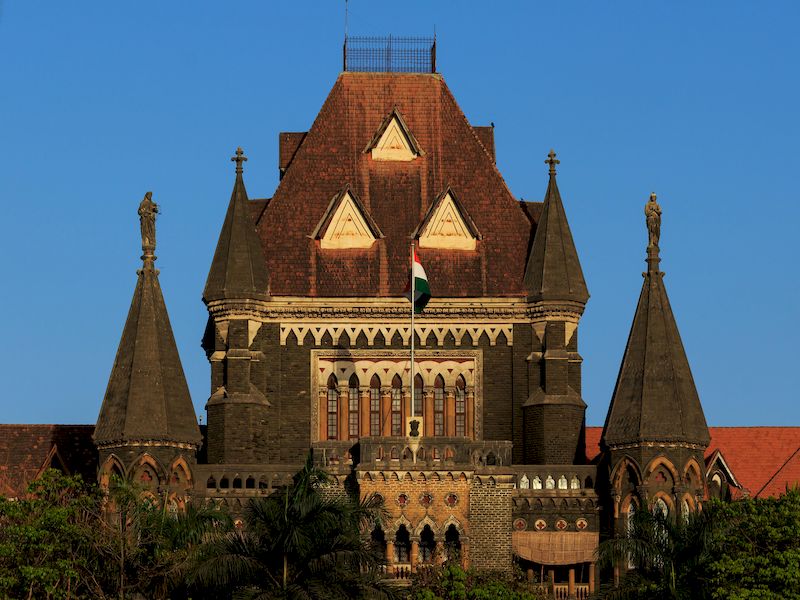By Staff Reporter
The Bombay High Court recently upheld an order passed by the Deputy District Registrar (DDR) regarding the bifurcation of a Co-operative Housing Society under Section 18 of MCS Act (Maharashtra Co-operative Societies Act) . The ruling affirms the powers of the Registrar in approving the division of a society into multiple smaller societies when justified under legal provisions.
The petitioner-society was initially formed by owners and occupiers of 144 tenements spread across 18 blocks. Each block comprised eight tenements. The Managing Committee of the society initiated steps for redevelopment of all 18 blocks. However, dissent arose when residents of Block Nos. 1 to 6 opted for self-development rather than following the Managing Committee’s redevelopment plan.
As a result, the owners of Block Nos. 1 to 6 proposed forming separate societies. Applications were filed before the Deputy Registrar for sub-division of the petitioner society and creation of distinct societies for Block Nos. 1 to 3 and Block Nos. 4 to 6. The Deputy Registrar approved the subdivision through two separate orders dated September 18, 2023:
- Unnat Nagar No. 3 (Block Nos. 1 to 3) Co-operative Housing Society Ltd. was registered for 24 tenements in Block Nos. 1 to 3.
- Unnat Nagar No. 3 (Block Nos. 4 to 6) Co-operative Housing Society Ltd. was registered for 24 tenements in Block Nos. 4 to 6.
This subdivision was carried out under Section 18 of the MCS Act and Rule 17 of the MCS Rules.
Legal Provisions Under Section 18 and Rule 17
The power to amalgamate or divide a co-operative society lies with the Registrar, provided the decision meets at least one of the following conditions:
- In the public interest.
- In the interest of members of the societies.
- In the interest of the cooperative movement.
- For ensuring proper management of the society.
Before finalizing such an order, the Registrar must consult the Federal Society to ensure transparency. Additionally, the draft of the proposed order must be shared with the concerned society and its members, allowing them to submit their objections or suggestions. The decision is made only after considering these inputs.
The Bombay High Court held that the statutory scheme of Section 18 was followed correctly, and the Deputy Registrar had sufficient grounds to approve the bifurcation. The Court noted that consultation with the Federal Society is mandatory to prevent arbitrary subdivision and ensure that all relevant stakeholders have a say in the process. Since the orders of the Deputy Registrar, Appellate Authority, and Revisional Authority were in accordance with the law, the Court ruled that there was no need for interference.
Impact of the Judgment
This judgment sets an important precedent regarding the bifurcation of housing societies in Maharashtra. It clarifies that subdivision applications can be approved when justified under Section 18, especially when a portion of members seek self-development or alternative arrangements. This ruling strengthens the authority of the Registrar while ensuring that the process remains fair and consultative.
Download this Judgement here: Click Here





